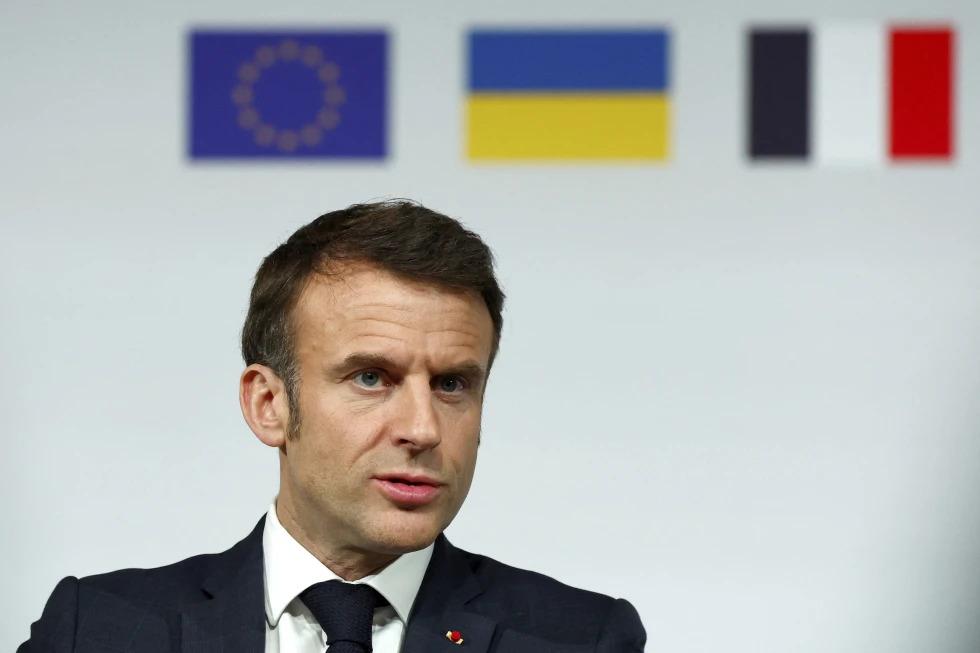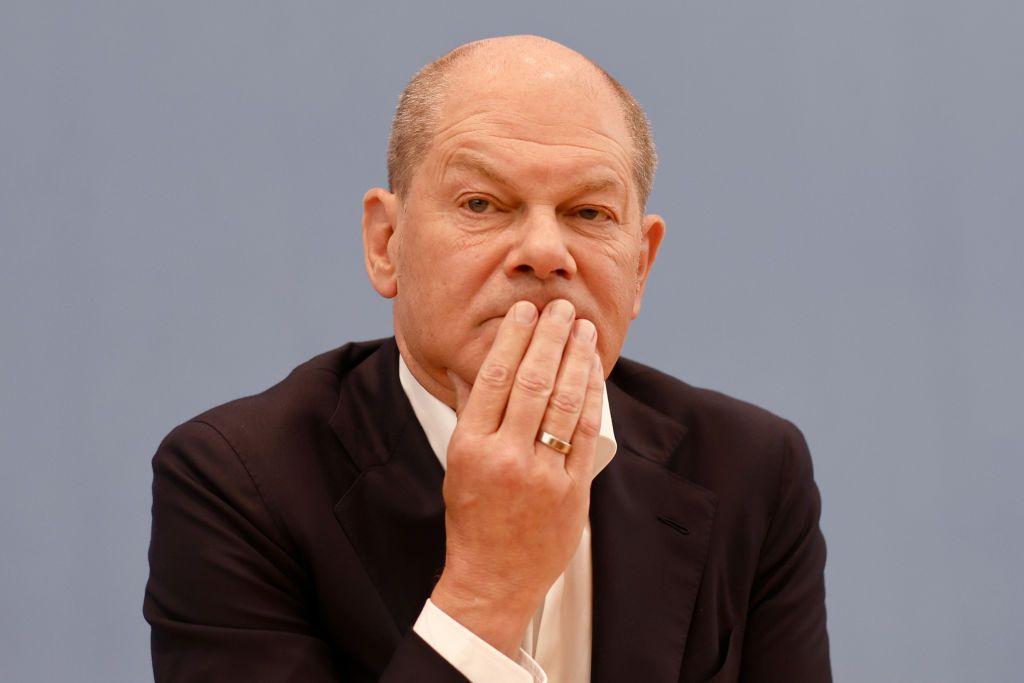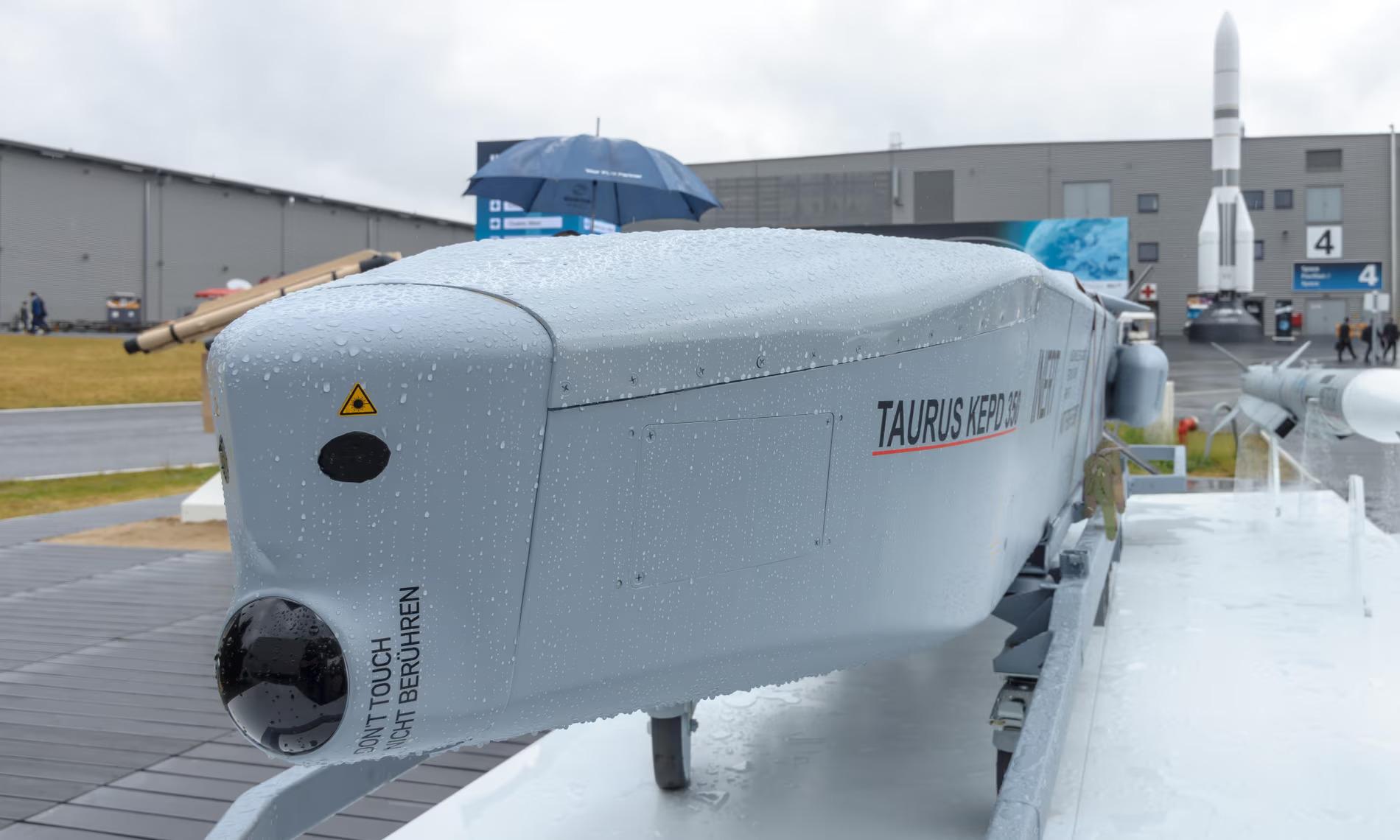Ukraine will unlikely receive Taurus missiles soon Motion denied
Amid the second anniversary of the invasion, Ukraine struggles with the outcomes of a partly successful counteroffensive and the depletion of military resources, particularly the insufficient number of ammunitions. However, Kyiv insists that the US and Europe must coordinate further weapon supplies.
The recent failure in the frontline enabled Russia to shift its combat strategy in order to inflict grave damage on the Ukrainian forces, as in early February, Russia captured Avdiivka town and nearby villages. Indeed, the Russian advancement triggered concerns in Kyiv and Europe regarding Russia’s potential advantage of capturing more territories.
As such, countries like the United Kingdom, Germany, and France urged other NATO partners to increase arms supply to Ukraine and ensure "Russia is not winning this war." For example, French President Emmanuel Macron recently suggested that the “Western troops being sent to Ukraine could not be ruled out,” which prompted an outcry from other leaders.

French officials later sought to clarify Macron’s remarks and tamp down the backlash while insisting on the need to send a clear signal to Russia that it cannot win in Ukraine. The Kremlin warned that if NATO sends combat troops, a direct conflict between the alliance and Russia would be inevitable. Russian President Vladimir Putin said such a move would risk a global nuclear conflict.
Unlike France, Germany seems reluctant to export more lethal weapons to Ukraine due to the risks of Russia's response. Official Berlin’s stance recently came under fire in Ukraine and other Western countries as more countries pressured Germany to send well-known Taurus missiles to Ukraine. Taurus missiles have a range of up to 500 kilometers, meaning Ukraine could use them to strike deep into Russian-occupied territories, including Crimea.
On February 22, 2024, German lawmakers approved further military support for Ukraine on Thursday, including long-range weapon systems, but rejected a call by the opposition to deliver Taurus cruise missiles to Kyiv. During these two years, nearly €28 billion was spent on arms and aid deliveries. Germany is concerned the long-range missiles will be used in strikes on Russian territory, despite assurance from Kyiv that they would only use the weapons to liberate Ukrainian territory.

The UK government has urged a reluctant Berlin to supply long-range Taurus missiles to Kyiv. However, the story with Taurus missiles came to the center of a political scandal recently involving German air force officers who said UK troops were “on the ground” in Ukraine.
The Kremlin sought to exploit what it saw as a propaganda coup and pressure the German Chancellor, Olaf Scholz, who in turn insisted on March 4 that he would not donate missiles that could strike at the strategic Kerch bridge linking Russia and occupied Crimea.
Despite the scandal, the UK government did not make any statements, instead toughened up its own lobbying on the Taurus missiles. Moreover, the leak was irritating but not significant, partly because the conversation was not very specific.
Unlike other NATO states, the UK was the first country to supply Ukraine with long-range precision strike missiles, thus setting a precedent for others. Nevertheless, the German Military Counterintelligence Service has started an investigation to find out “whether internal communications within the air force” could have been intercepted.

After a day of criticism, the German Chancellor defended his decision to keep the “very far-reaching weapon” at home, saying the situation was not comparable with similar systems provided by the UK and France. German officials describe the row as a distraction, insisting Europe’s real challenge lies in supplying Ukraine with enough conventional ammunition, not cruise missiles.
Undoubtedly, Russian state media harshly criticized Germany’s military aid to Ukraine and warned of potential adequate measures in case of deliveries of Taurus missiles to Ukraine. Indeed, such a critical stance of Moscow is the main source of concern for Berlin that imperils exports of critically important Taurus missiles to Ukraine. Consequently, Ukraine desperately needs additional ammunition and long-range missiles to ambush Russian ground forces.
The war in Ukraine has entered a critical stage as President Volodymyr Zelensky launched military reforms to boost the army's performance and shift counteroffensive strategy. Nevertheless, Kyiv's new counteroffensive chances seem odd without proper and timely military supplies.








